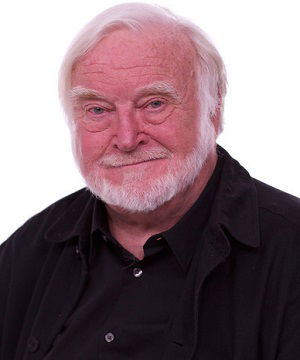Recreational therapy, also known as therapeutic recreation, is a specialized form of therapy that uses recreational activities to improve the physical, emotional, cognitive, and social well-being of individuals with disabilities or illnesses. Recreational therapists work with clients to help them engage in activities that promote health, independence, and overall quality of life.
There are various degree programs and certifications available for those interested in pursuing a career in recreational therapy. Here, we will discuss 6 degrees and programs that can help you become a recreational therapist.
1. Bachelor’s Degree in Recreational Therapy: Many colleges and universities offer bachelor’s degree programs in recreational therapy. These programs typically take four years to complete and include coursework in therapeutic recreation principles, assessment techniques, and therapeutic interventions. Graduates of these programs are eligible to sit for the national certification exam to become a Certified Therapeutic Recreation Specialist (CTRS).
2. Master’s Degree in Recreational Therapy: Some colleges and universities offer master’s degree programs in recreational therapy for individuals who already hold a bachelor’s degree in a related field. These programs typically take two years to complete and include advanced coursework in research methods, program planning, and administration. Graduates of these programs are well-suited for leadership roles in the field of recreational therapy.
3. Doctoral Degree in Recreational Therapy: For individuals interested in pursuing a career in academia or research, there are doctoral degree programs in recreational therapy available. These programs typically take three to five years to complete and include coursework in advanced research methods, program evaluation, and grant writing. Graduates of these programs often go on to teach at the university level or conduct research in the field of recreational therapy.
4. Certification in Recreational Therapy: In addition to completing a degree program, individuals interested in becoming recreational therapists must also obtain national certification as a CTRS. This certification is offered through the National Council for Therapeutic Recreation Certification (NCTRC) and requires passing an exam and completing continuing education requirements to maintain certification.
5. Specializations in Recreational Therapy: Some recreational therapists choose to specialize in a specific population or setting, such as pediatric therapy, geriatric therapy, or community-based programs. These specializations can be pursued through additional coursework or certifications in the chosen area of interest.
6. Continuing Education in Recreational Therapy: Recreational therapists are required to complete continuing education credits to maintain their certification and stay current with advancements in the field. Continuing education opportunities include workshops, conferences, webinars, and online courses that cover a wide range of topics related to recreational therapy.
In conclusion, recreational therapy is a rewarding and fulfilling career that allows individuals to help improve the lives of others through the power of recreation. By pursuing a degree or certification in recreational therapy, individuals can gain the knowledge and skills needed to succeed in this growing field and make a positive impact on the lives of those they serve.



